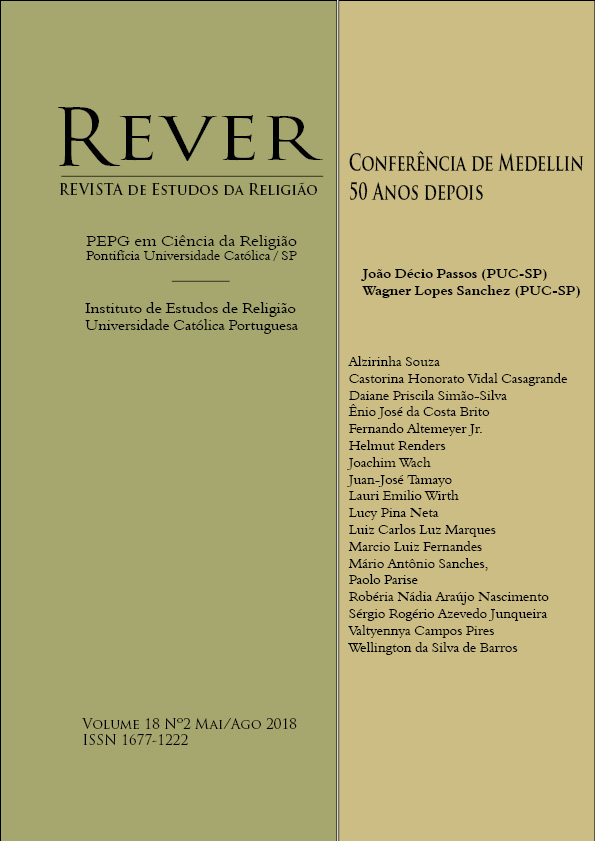Political aspects of the early implantation of Protestantism in Brazil
DOI:
https://doi.org/10.23925/1677-1222.2018vol18i2a13Keywords:
Protestantism, Brazil Empire, Presbyterianism, Congregationalism, Religious freedomAbstract
This text offers an evaluation of the main political aspects that accompanied the implantation of Protestantism in Brazil during the 19th century. It is observed that the Brazilian legislation and political framework of the period were mostly favourable to the implantation of the new religious denomination in the country. It is also observed that this process was also favoured by a specific framework of bilateral relations between Brazil and the United States, a country from which many of the missionaries who wanted to insert the new denomination in Brazil were coming from. Finally, it is observed that these missionaries sought to make use of the legal and political prerogatives present while maintaining a distance from the authorities in order to maintain autonomy in their religious activity.
Downloads
Published
How to Cite
Issue
Section
License
Authors who publish in this journal agree with the following terms:- Authors retain copyright, but grant the journal the right of first publication, with the work simultaneously licensed under the Creative Commons BY-NC License.
- Authors are authorized to assume additional contracts separately, for non-exclusive distribution of the work published in this journal (e.g., publishing in an institutional repository or as a book chapter), as long as with acknowledgment of authorship and first publication in this journal.


